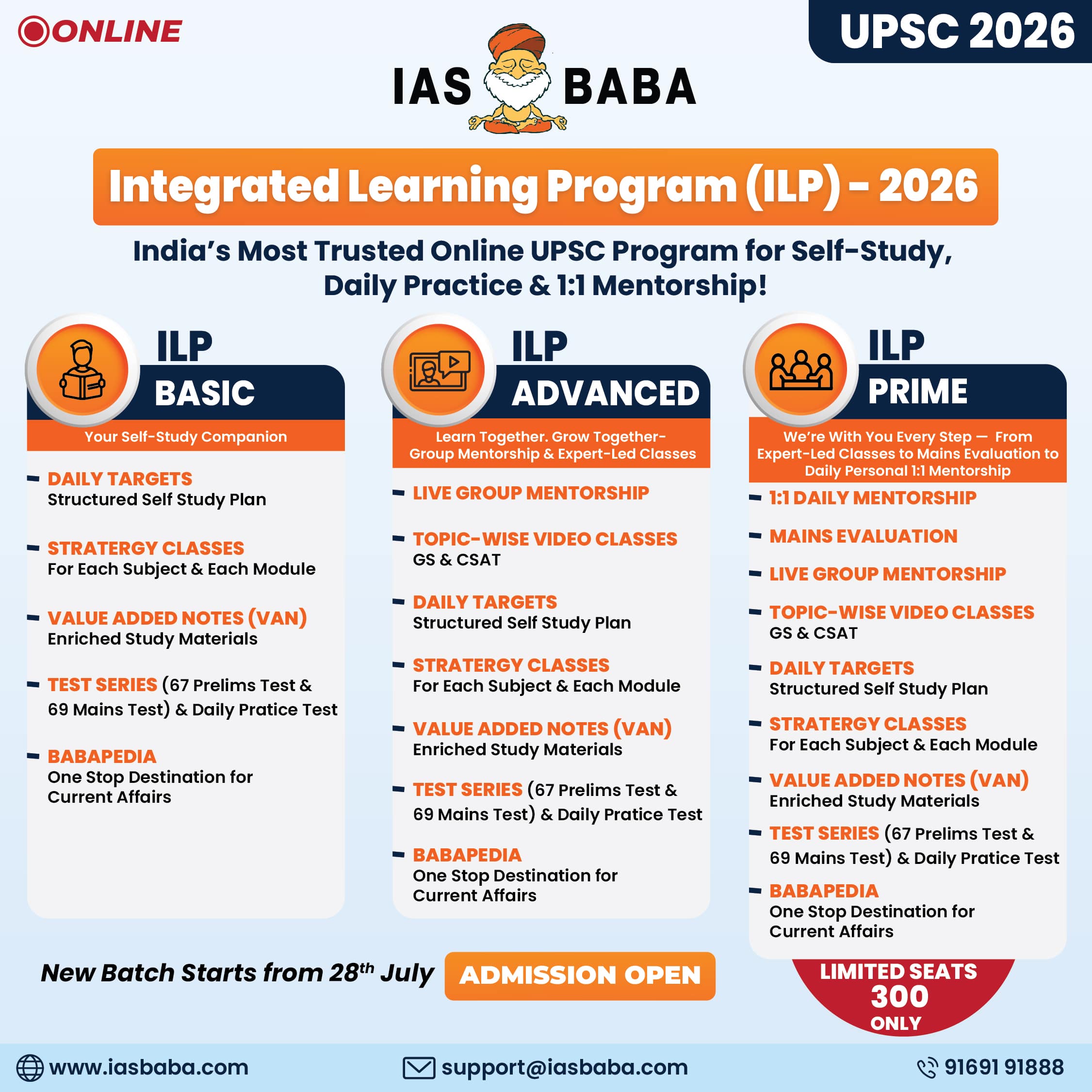The Big Picture- RSTV
Dangers of Plastic
TOPIC:General Studies 3
- Conservation, environmental pollution and degradation, environmental impact assessment
In News: June 5 is marked by the United Nations as World Environment Day, a day set aside since 1974 to promote “worldwide awareness and action for the protection of our environment.” This year’s theme is “beat plastic pollution.”
Plastic pollution is a pressing environmental concern that requires our collective action. U.N. Secretary-General António Guterres urged all people to reject single-use plastic items, and warned that growing levels of plastic waste were becoming unmanageable, saying “every year, more than eight million tons end up in the oceans.”
“There is no Plan B because we do not have a Planet B.”
India’s Stand: India went big in their commitment to Beat Plastic Pollution today, with an announcement to eliminate all single-use plastic in the country by 2022. This unprecedented ambitious move against disposable plastic will drastically stem the flow of plastics from 1.3 billion people and business in the fasted growing economy in the world.
- India has 7,500 km of coastline – the 7th longest in Asia. As part of this commitment, the government will establish a national and regional marine litter action campaign as well as a program to measure the total marine plastic footprint in India’s coastal waters.
- Partnership between UN Environment and BCCI to ‘green cricket’ across the country – aims to reduce cricket’s environmental impact by greening operations and engaging fans and cricketers in green initiatives
- Government to begin a five-year exercise to compute district-level data of the country’s environmental wealth. The data will be used to calculate every State’s ‘green’ Gross Domestic Product (GDP)
- The government has also launched a ‘green skilling’ programme – Green Skill Development Programme (GSDP), under which youth, particularly school dropouts, would be trained in a range of ‘green jobs’. GSDP aims to get 80, 000 people imparted green skills and in filling the skill gaps in the environment sector. Green Skill Development Programme will go a long way in reaping the demographic dividend of the country; GSDP to cover nearly 5 lakh people by 2021.
- Pledge to make 100 national monuments litter-free.
Why #BeatPlasticPollution?
Globally, one million plastic bottles are purchased every minute. A report produced by the World Economic Forum (2018) found that by 2050, there will be more plastic than fish in the world’s oceans due to 13 million tonnes of plastic ending up in the ocean each year. Managing plastic waste is increasingly becoming a global environmental and economic challenge.
- Most used plastic materials are non-biodegradable and decompose at different rates – they threaten marine life and the well-being of people, as microplastics are now found even in drinking water.
- Plastic waste is a risk to public health as it enters our food chain, creates congestion problems in drains, causing flooding, ends up in river beds and oceans, depleting ecosystems and marine biodiversity, and makes solid waste management more expensive as landfills and open incineration do not provide an acceptable solution for disposal.
- The production process for plastic produces greenhouse gas, thus contributing to climate change.
- In India,
- Both the Solid Waste Management Rules and the Plastic Waste Management Rules of 2016, which built on previous regulations, mostly remain on paper. State governments have simply not given them the necessary momentum, and the producers of plastic articles have shown little concern about their negative environmental impact.
- The Centre’s somewhat liberal estimate shows over 60% of about 25,000 tonnes of plastic waste generated daily is collected. That essentially means a staggering 10,000 tonnes of trash is being released into the environment, a lot of it going into the sea. Also, not every piece of plastic collected by the system is scientifically processed.
What is the way forward?
As individuals: We can reduce our plastic pollution and be more environmentally conscious by avoiding single-use plastics (e.g. straws, cups, cutlery, etc.) and packaging materials (e.g. polybags). Instead we can use jute bags, glass bottles or jars, steel or ceramic cutleries and utensils, and paper-made tetra packs.
The private sector needs to invest more in producing alternatives and biodegradable plastics and in phasing out the production of plastic. More research and technology investment and development is required to make alternatives to plastic that are economically viable and affordable.
The government should play a leading role by
- Enacting strong policies and regulations that will encourage a more sustainable model for the design and production of plastics – Local bodies mandated under rules to ensure segregation, collection and transfer of waste to registered recyclers have spectacularly failed to fulfil their responsibilities. The State Level Monitoring Committees provided for under the rules have not been made accountable. The waste management framework is dysfunctional
- Technical and financial incentives from the government are instrumental for the transformation of the existing production system to a more sustainable one.
Must Read: Link 1 + Link 2 + Link 3
Connecting the Dots:
- “India’s environmental diversity and riches are universally recognised but have never been quantified.” Discuss this in context of the decision taken to calculate every State’s ‘green’ Gross Domestic Product (GDP).
- What do you mean by plastic roads? What are its benefits?














